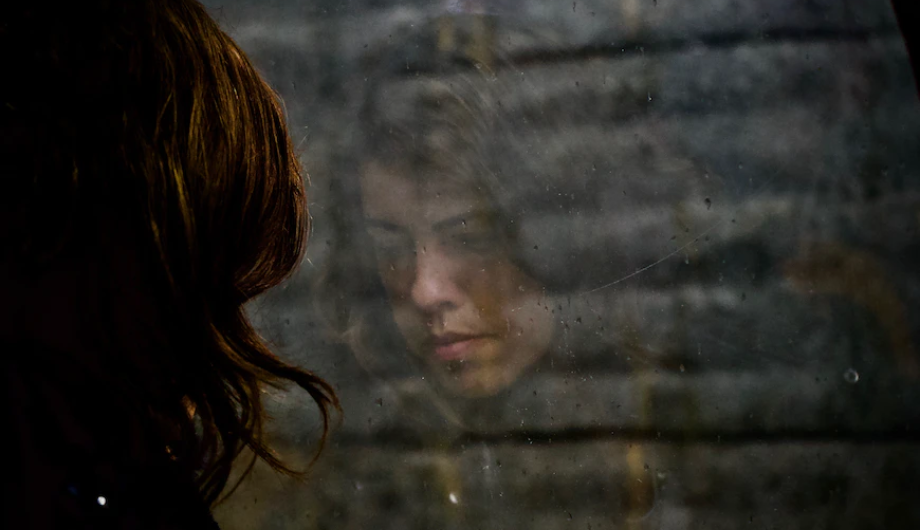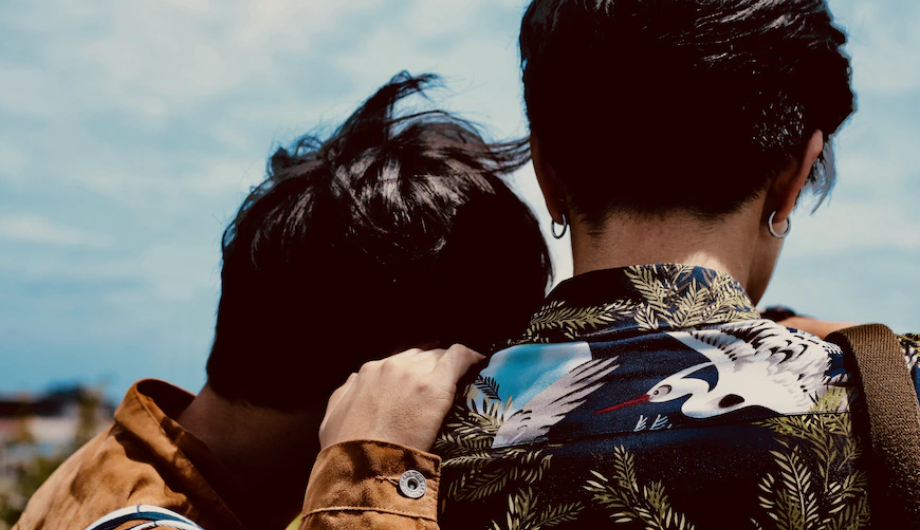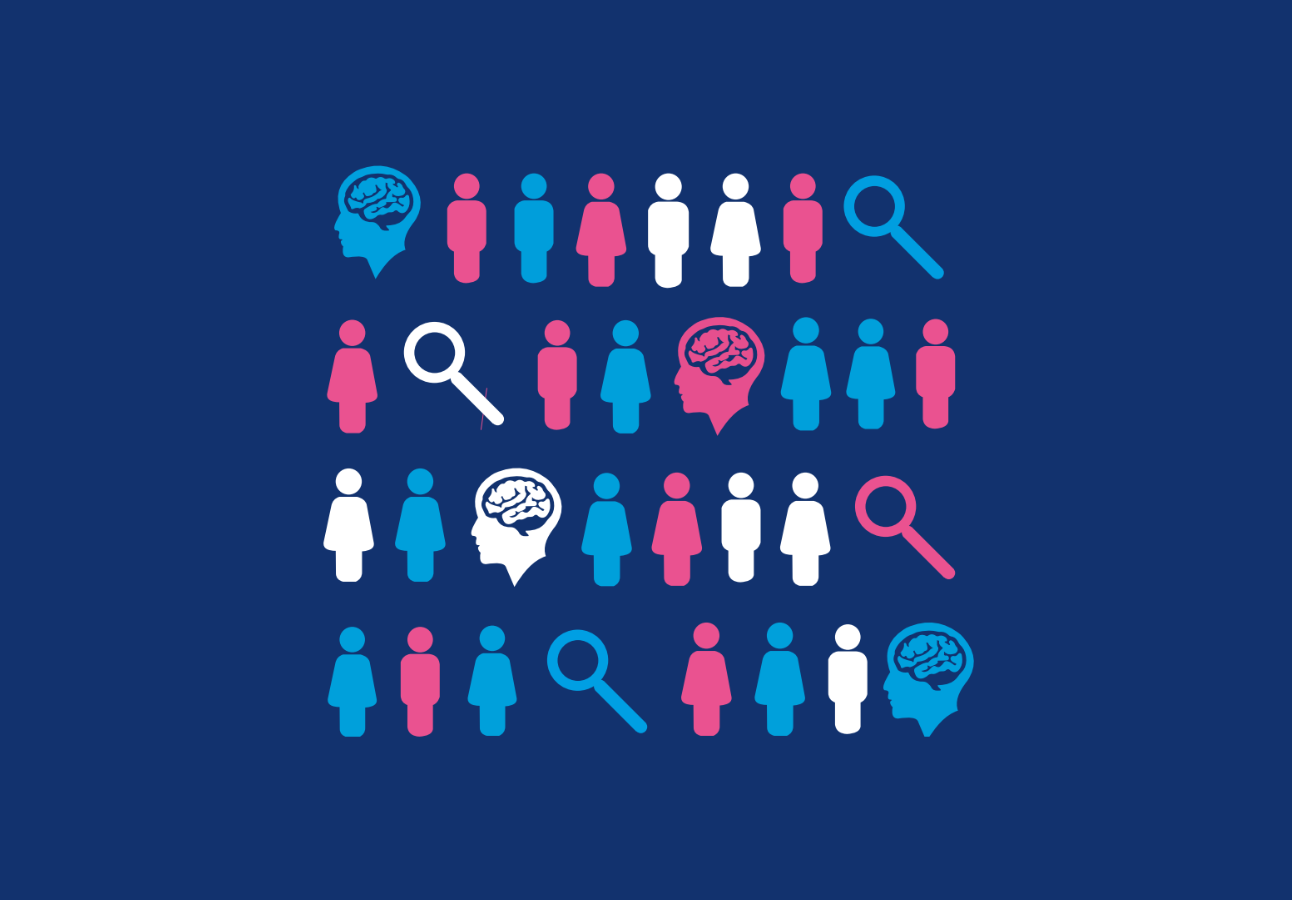
Challenging the stigma around mental ill-health in BME communities
Asha Iqbal, founder of Generation Reform, on her journey to tackle mental health stigma in Black and ethnic minority communities and improve representation in mental health
Working in a mental health hospital as a call handler, I used to see patients from South Asian communities, whose families would rather pretend that their relative was abroad than in hospital, because they were so ashamed. There was a complete silence around mental health within these communities. Shame and stigma can really affect patient treatment; it can impact on their engagement and the speed of recovery. As an Asian woman, it was something that completely shocked me, and it inspired me to write a blog post regarding my mental health problems growing up.
The blog attracted 30-40,000 views within a few hours and I had hundreds of messages in response. I didn’t realise how much impact it would have. And that’s how Generation Reform started. Because of the interest that I got I thought there was a need for an open conversation. I was probably one of the first people from the South Asian community and with a Muslim background to talk openly and publicly about these issues.
I felt that different generations had different experiences of stigma, shame and barriers and that each generation needs different approaches to help them reform, that’s why I named it Generation Reform. I am not a professional in mental health, so I thought with my media and marketing background, the best way for me to tackle this issue was by creating an open conversation and using social media the way I knew how. I thought, let’s use my skills and try and tackle this issue.
There’s quite a lot of different issues associated with mental health for some communities. One would be reduced marriage prospects and the shame attached to that. Having mental health problems can reduce your chance of finding a suitor because some people believe that mental ill-health would be passed on to any children and so wouldn’t see you as marriageable. Of course in some communities, there is a danger of forced marriage and so being seen as unmarriageable is a risk factor.
Unfortunately, severe mental health problems can sometimes be associated with either black magic or the ‘Jinn’; supernatural and sometimes demonic beings. People brush severe mental health problems under the carpet so a lack of understanding and education about mental health creates further barriers.
I got told many times that the answer to my mental health issues would be through prayer and that this would cure it. Even when I was feeling suicidal that was the only response I got. As you can imagine this leaves a lot of people without the support and medical care they need.
Within South Asian communities, the older generation hold a lot of the power. The knowledge that they have on any topic will be the advice that’s given and usually what they say goes within the household. However, a lot of the older generation do not use social media so for me a way to reach younger generations and spread better knowledge and awareness of mental health was through social media.
Two years ago when I actually started campaigning I found it a struggle, because I couldn’t see mental health campaigners that I could relate to. None of them faced the same struggles with ‘honour’ abuse that I did. None of the public campaigners were from South Asian communities or from a Muslim background. That gap in representation is what inspired me to keep going.
That’s the feedback that I got from other young Asian people; that it was amazing for them to see someone from the community, not sensationalising anything but being quite open and honest about their own experience.
A lot of people face mental health problems; one in four is the current figure. It needs to be normal conversation, it needs to be something that we tackle on a daily basis. It can’t be something that we’re surprised to be asked about. My wish is for it to just be part of daily talk so that people aren’t afraid of reaching out for help.
Even if you’re not experiencing mental ill health, you can help. It’s always great to have a discussion about mental health, to know what services are out there and to be non-judgemental. That’s one of the most important things; don’t be judgemental. Just listen but also do your own research, start your own conversations as well. That’s what helps break down the barriers and the stigmas.
About Asha
Asha Iqbal is a mental health campaigner and founder of Generation Reform, an initiative that aims to tackle head-on the stigma that Black and Ethnic minority communities face around the issue of mental health. Calling upon her own lived experience of coercive control and ‘honour’-based abuse, Asha has been featured in publications such as Women’s Health, where she’s spoken about her struggles with PTSD and anxiety.
For more information and support with forced marriage, mental ill health and ‘honour’ abuse please refer to the following organisations:
Mental health:
Forced marriage and ‘honour’ abuse:
Note:
In 2021, SafeLives made the decision to limit our use of the terms ‘BAME’ and ‘BME’. Instead, we use ‘Black, Asian and racially minoritised people’.
The term ‘Black, Asian and Minority Ethnic’ (BME or BAME) is commonly used in policy contexts, but it can reinforce the idea that certain groups automatically occupy a minority position. Drawing on critical analysis of this term by services led by and for marginalised groups, we refer to ‘Black, Asian and racially minoritised people’, to highlight the way in which these groups are constructed as ‘minorities’ through processes of marginalisation and exclusion.
SafeLives have consulted with stakeholders to ensure the term was as inclusive as possible, though we recognise that people will not always define themselves using this language we have used.
We fully recognise that Black, Asian and racially minoritised people are not a homogeneous group, and their experiences and identities will differ widely.
You may be interested in


‘Honour’-based violence and forced marriage spotlight

